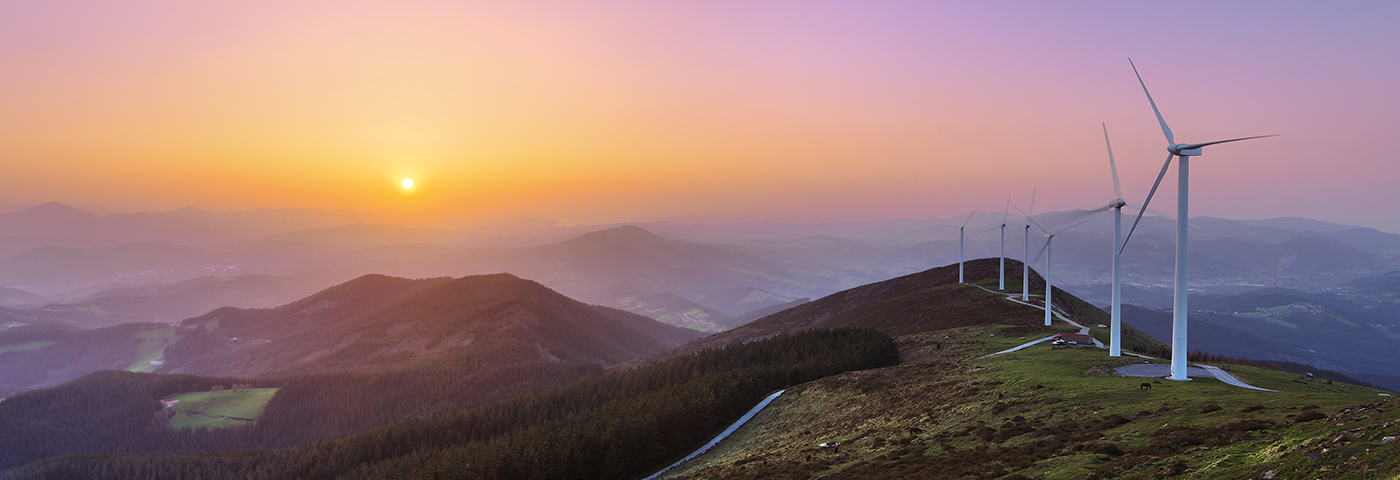Last week a significant climate change milestone was passed. On July 10th, the Climate Group’s RE100 (the RE standing for renewable energy) announced that the 100th multinational had signed up to its commitment to source 100% of its energy needs from renewable power.
In fact, the announcement was for four new companies making the commitment – AkzoNobel N.V., AXA, Burberry plc and Carlsberg Group. They join the likes of IKEA, Nike, Marks & Spencer and more. Together, they have a total revenue of US$2.5 trillion and create around 146 terawatt-hours (TWh) in demand for renewable electricity annually – about as much as it takes to power Poland.
According to the RE100 website, these companies represent a ‘diverse range of sectors’. But as I went through the list, tourism was notably absent. I could find just four companies that are significantly connected to tourism, and none for whom it is all they do.
The four that do make the list are RElX, Gatwick Airport, Heathrow Airport and Broad Group. RElX is the publishing and information company that owns WTM and other events. Gatwick and Heathrow are up against one another in bids for huge amounts of investment, should the UK decide that its best approach to developing a low carbon future includes building another runway to enable more airplanes to land. That they can claim to be carbon neutral while doing relies on the measurement of their carbon impacts, not including those of the planes who rely on the airports’ existence and business model to land and take off from their runways.
The Broad Group is possibly the most interesting inclusion. I suspect few people have ever heard of the company, or have any idea what it has to do with tourism. The RE100 website says it is “Chinese developer of air conditioning units, combined cooling-heating-power projects, fresh air systems, and factory-made sustainable buildings, with products in more than 80 countries.”
The company is also, along with Airbnb, the only tourism-related company to appear in the Ellen McCarthur Foundation’s Delivering the Circular Economy – a toolkit for policymakers report. Why? It builds hotels. In fact it has revolutionised the building of hotels. There’s a remarkable video on YouTube that shows how, using a circular economy method based on replicable modular units, it built a 15 storey hotel in just 6 days. But what matters most is not that it is quick, it is how sustainable it is. “The building uses several technologies to result in energy efficiency five times that of comparable buildings. This includes triple pane windows, external solar shades, 6 inches of thermal insulation, heat recovery ventilation, and LED lighting systems,” as stated in a report by New Atlas.
So where are all the other tourism giants? In an insightful interview – “Could you be the first hotel group on 100% renewable energy?” on Greenhotelier this May, Tom Lindberg and Stein Amble Haugan, Managing Director and Key Account Manager of the Norwegian renewable energy firm ECOHZ, explored the challenges and opportunities this presents for hotels. They acknowledge that “Since hotel groups tend to have several units spread out across several locations, as opposed to one large factory or data centre, the biggest challenge is coordinating the purchase of renewable energy across all properties and operations.” Yet they cite examples from other sectors such as IKEA, with over 300 stores in 40 countries, as proof that it is achievable.
They also discuss a financing product their organisation offers, called GO2, which means that “every time a hotel group purchases a MWh of renewable energy, a portion of the purchase will go towards supporting predefined renewable energy projects.” In other words, it supports ‘additionality’, the essential component of renewable energy development, since it results in an increased amount of clean energy being created as opposed to just buying that which is already out there.
In my previous blog I discussed the importance of us getting our language and terms of reference right when establishing how best to respond to climate change. The concept of additionality lies at the heart of this. The standard approach is to focus on reduction in emissions, at a certain rate of incremental improvement and in a direction that heads towards zero. Whereas ‘Additionality’ starts at zero, and looks to increase the positive impact.
Earlier this year one of the world’s leading climate scientists, Paul Hawken, released what I reckon is the most important book for business looking to shape its response to climate change. Edited by Hawken with contributions from 70 more climate scientists, Drawdown – the most comprehensive plan ever proposed to reverse global warming has measured the impact and costed the implementation of, what it considers the 100 most important technological and societal initiatives for not just reducing, but reversing the amount of carbon dioxide in the atmosphere.
Why? In the atmosphere Carbon Dioxide causes climate change. But when drawn back down to earth, as photosynthesis does with plants, it is a central building block of life. Hawken wants us to stop framing the efforts required as a fight against carbon dioxide, and rather as a mission to bring it back home.
“Addressing, slowing, or arresting emissions is necessary, but insufficient,” writes Hawken in the book’s introduction. “If you are travelling down the wrong road, you are still on the wrong road if you slow down. The only goal that makes sense for humanity is to reverse global warming, and if parents, scientists, young people, leaders, and we citizens do not name the goal, there is little chance that it will be achieved.”
What this means is that the tourism industry’s focus on growing fast while reducing its emissions intensity is heading the wrong way. Therefore, being run on 100% renewable energy should not be seen as the long term goal, but a first step in the right direction.



